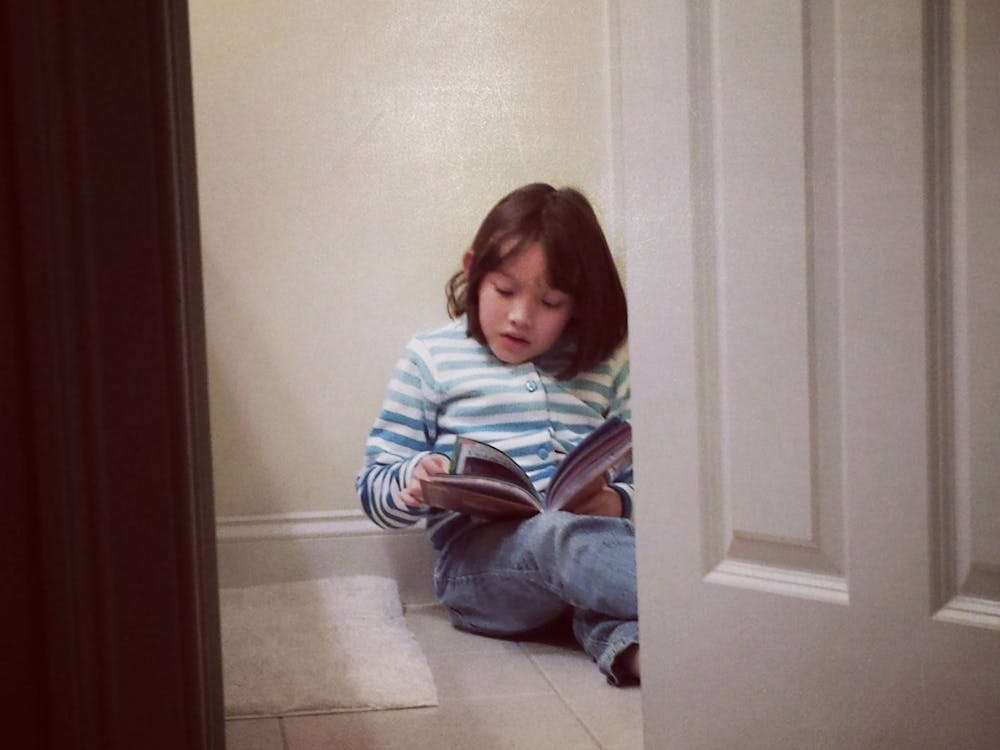Grizzly Bear’s goal for Shields was to create their most collaborative album yet. They sought to refine, rather than redefine, their already distinctive sound, and focused on delivering an album that had a unified style and message.
I’m glad to say that they succeeded.
This well-executed vision of cohesion is the reason that Shields is Grizzly Bear’s best album to date.
Past Grizzly Bear albums have suffered from a bit of dualism.
This problem is a direct result of the band’s unique nature.
Everyone (including the drummer) contributes to the harmonies, but keyboardist/omnichord player Ed Droste and keyboardist/guitar and banjo player Dan Rossen have always split lead vocals.
While the swapping of lead vocalists has always led to positive results from song to song, overall albums have always felt like the product of two different bands.
It seems like whoever led the band on a particular track was somehow able to permeate their vocals through to the other aspects of the song — the instrumentation, the harmonies and the arrangement — and thereby mold the track into a style that was consistent with their other works but different than their partner’s.
No two songs emphasize the difference in styles more than Veckatimest’s “Two Weeks” and “While You Wait for the Others.”
“Two Weeks,” much like every other Droste-led track on that album, exude a fluid nature, in stark contrast with the Rossen-led works such as “While You Wait for the Others,” which showcases a more deliberate approach to making music.
Thankfully, this difference in styles is almost nullified in Shields.
I say “almost” because there are some exceptions.
The opening track, “Sleeping Ute”, is as Droste-like as ever. Its constant switching of multiple time-signatures and the crescendo-decrescendo-crescendo arrangement in “Sun In Your Eyes” has Rossen’s name written all over it.
Aside from those two, the rest of the album seems to benefit from fluid progressions, creative use of harmonies and more listener-friendly arrangements.
This pursuit of cohesive perfection transcends not only the musical aspect of the album, but also its lyrical themes.
Shields, just like the title suggests, deals with the barriers people put between themselves and their loved ones, and the difficulty of finding the equilibrium between the need to be close and the need to be alone.
“Speak in Rounds” is one highlight off the album. This song stresses the lyrics, “couldn’t be alone” and “stepdad just wants to learn how to be alone,” to show the difficulty in addressing the cognitive dissonance between these two themes.
“Yet Again” uses the motif of a desert as a barrier, keeping in the line with the album’s theme.
September was filled with many great releases — Cat Power, Two Door Cinema Club and The xx to name a few — but Shields stands above them all. This speaks volumes about Grizzly Bear’s quality of work.
To any longtime fan of Grizzly Bear, hitting play should leave you with a very special feeling: the one you get when you are excited for their next release, just to see how they could possibly top themselves.
You know, that “new iPhone” feeling.




